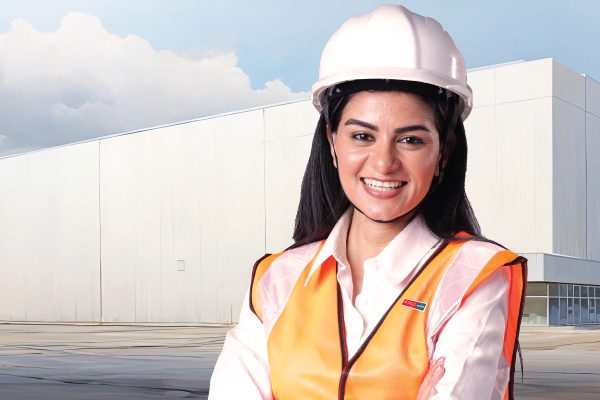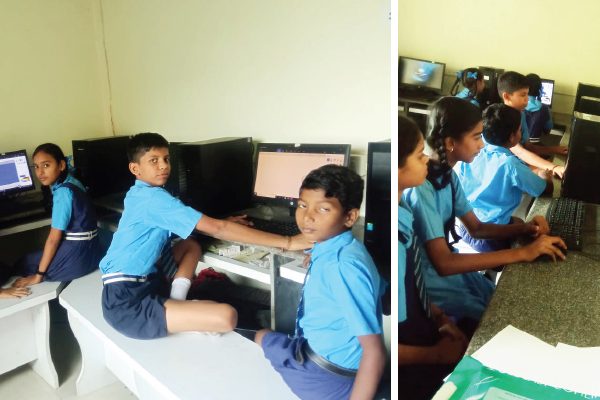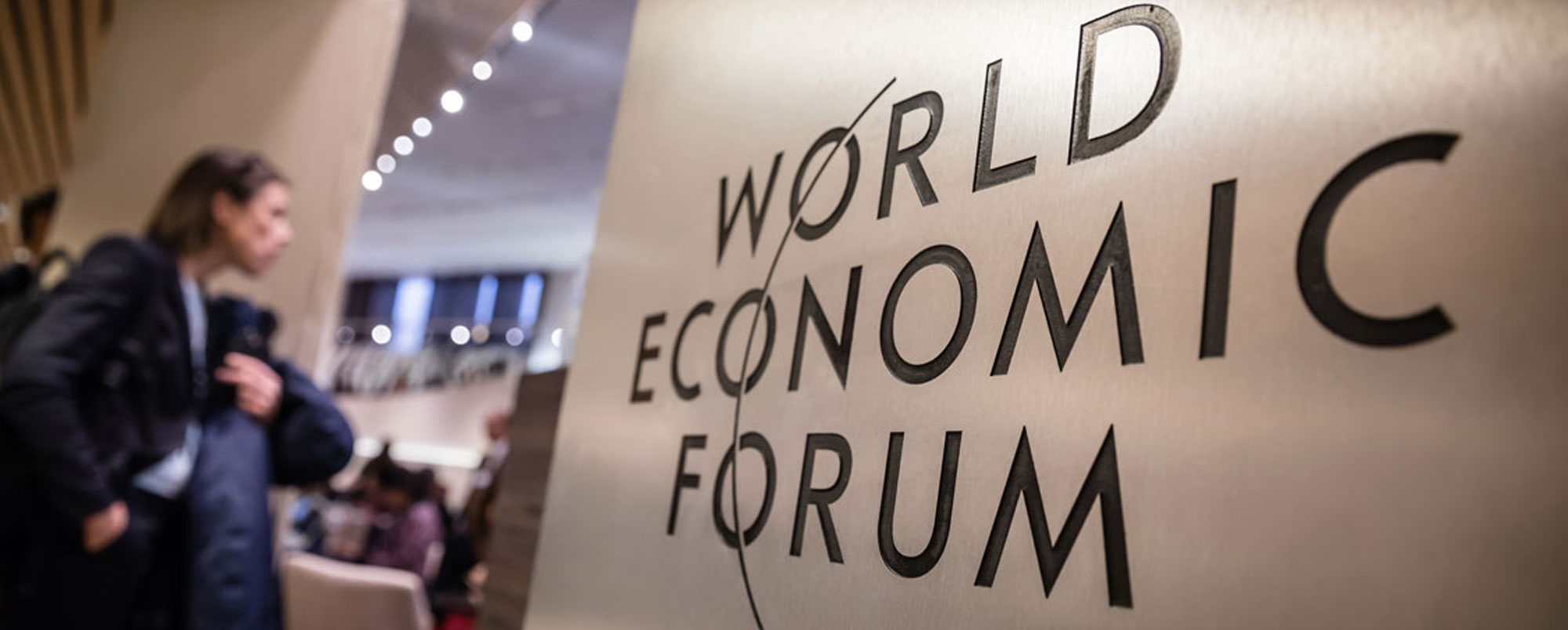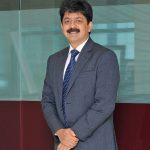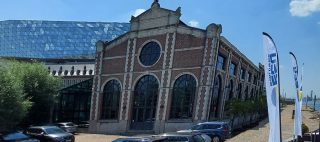Notes from Davos 2017 ountries and companies came together to attend the World Economic Forum’s annual conference in Davos. Davos is arguably one of the most significant industry and economy related events in the world and global leaders discussed the ways of Responsive and Responsible Leadership, the theme for this year. Dr. Shashi Kiran Shetty, Chairman of Allcargo Logistics and head of the Avvashya Group, was amongst the Indian leaders at the gathering. Dr Shetty pens down his experience from the event for Compass.
World Economic Forum’s annual conference at Davos, Switzerland – in its 47th year in 2017 – is one of the biggest annual gatherings of business, political and thought leaders. The four days – from 17th to 20th January 2017 – of hobnobbing at the forum threw open some unique insights about world trade, geo-politics, technology, potential business disruption due to the ongoing 4th industrial revolution, and innovations leading to that. Companies and countries came together to think beyond profits and to make this world a better place. Leaders discussed future related topics, besides conducting their business meetings in one of the most beautiful settings in the world.
More than 100 top notch business leaders from India also descended on the icy Alps and mingled with global diplomats, journalists and prominent personalities. For instance, Matt Damon and Shakira were seen sharing a common space with Bill Gates and Theresa May. Shakira, the popular pop music star and UNICEF’s good will ambassador, received the Humanitarian Award.
Important economic challenges set the tone of almost every conversation and discussion. About 1,200 chief executives and over 50 world leaders led conversations that had the potential to change the course of history. At multiple venues, meetings/discussions of various sectors started at 7 am and sometime went on past midnight, depending on the enthusiasm and interest of the participants.
In the future-led discussions, I was particularly delighted to see a fair amount of discussions happening around the need to nurture future leaders. It left me and my wife Arathi feeling extremely positive and even more determined to create a sustainable future where next-gen leaders can thrive, a vision that we have been harbouring at Avashya Foundation through our numerous initiatives. We are all aware that the greatest leaders in the history of mankind are admired for their humility and service towards society. We talk about their growth and seek inspiration from their work; we must also look at the process of their inner growth, which is a necessary factor in achieving success. Spirituality has a huge role to play in my own journey. It felt good to share that platform and witness phenomenal talks on mental wellness and fostering inclusive growth.
Most meetings were centred around getting a grip on global issues. One such issue, the refugee crisis, was dealt with in a unique manner through ‘A day in a life of a Refugee’ a simulation experience aimed at making attendees understand the plight of refugees, in the backdrop of the Syrian crisis. Some interesting findings came out from the session, such as ways of integrating refugees in local labour population. Such experiences motivated business leaders to re-think their strategies and re-imagine the role of their business.
A common thread over the four days was ways to bring solidarity in the ways countries conduct trade. I participated in quite a few discussions and spearheaded one. Trade – as related to both goods and talent – remained on the radar for most countries as they aim to conserve and build on existing resources.
Some crucial points emerged during the Governors meeting on Supply Chain and Transport (SCT). SCT Governors saw the need to streamline communication on the benefits of the 4th Industrial Revolution, which brings me to another focus area of the annual talk fest. “The Fourth Industrial Revolution is building on the Third. It is characterised by a fusion of technologies that is blurring the lines between the physical, digital, and biological spheres,” said Professor Klaus Schwab, the founder of WEF. The topics of automation and robotics topped the discussions. By the end of the conference, almost all participating companies were charged up and eager to take on the new digital wave.
My takeaway from Davos was both personal and professional. I left with valuable ideas and a lot of positivity. It touched my heart to see leaders talking of the common good through spiritual, social and skill development. Davos 2017 was indeed Responsive and Responsible Leadership at its best.





